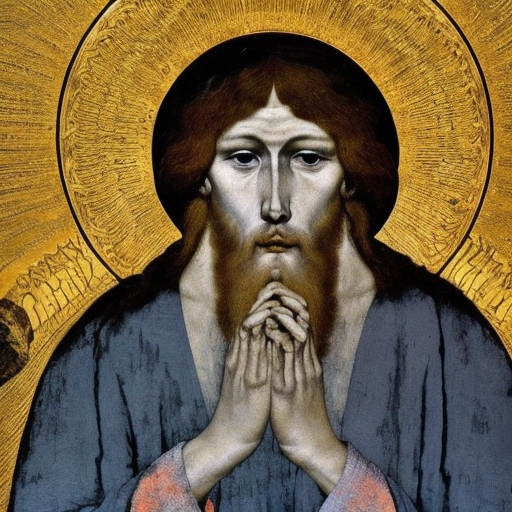Summary of “Andrei Rublev” by Andrei Tarkovsky
One-line Summary:
“Andrei Rublev” is a visually stunning and thought-provoking film that explores the life and struggles of the eponymous 15th-century Russian icon painter.
Main Cast and Crew:
- Director: Andrei Tarkovsky
- Writers: Andrei Tarkovsky, Andrei Konchalovsky
- Key Actors: Anatoliy Solonitsyn (Andrei Rublev), Ivan Lapikov (Kirill), Nikolay Grinko (Daniil), Nikolay Burlyaev (Boriska), Irma Raush (Durochka)
- Music Director: Vyacheslav Ovchinnikov
- Director of Photography: Vadim Yusov
- Producers: Tamara Ogorodnikova, Aleksandr Misharin
Plot:
“Andrei Rublev” is set in 15th-century Russia, during a time of political turmoil and religious unrest. The film follows the life of Andrei Rublev, a renowned icon painter, as he navigates the challenges of his profession and grapples with the moral dilemmas of his time. Through a series of vignettes, the film explores themes of artistic expression, faith, and the role of the artist in society.
Andrei Rublev, along with his fellow monks, Kirill and Daniil, travels through war-torn Russia, witnessing the atrocities committed by invading Tartars and the cruelty of their own people. The film delves into the struggles faced by artists in a society plagued by violence and oppression. Andrei’s faith is tested as he questions the purpose of his art in such a chaotic world.
Throughout the film, Andrei encounters various characters who represent different aspects of Russian society. From a jester who challenges societal norms to a young bell-maker who strives for perfection, each interaction pushes Andrei to reflect on his own beliefs and the role of art in shaping society.
The film culminates in Andrei’s decision to break his vow of silence and create a masterpiece that captures the essence of faith and hope. The final scene, depicting the casting of a massive bell, serves as a metaphor for the resilience of the human spirit and the power of art to transcend the limitations of the physical world.
Themes and Motifs:
“Andrei Rublev” explores several central themes, including the relationship between art and spirituality, the struggle of the artist in a turbulent society, and the power of perseverance and hope in the face of adversity. The film also delves into the dichotomy between the sacred and the profane, as well as the role of art in preserving cultural heritage.
Reception and Legacy:
Upon its release in 1966, “Andrei Rublev” faced significant censorship and was heavily edited by Soviet authorities. However, it garnered critical acclaim internationally and is now considered one of the greatest films in cinematic history. The film won the FIPRESCI Prize at the 1969 Cannes Film Festival and has since influenced numerous filmmakers with its innovative storytelling and stunning visual style.
Recommendation:
“Andrei Rublev” is a masterpiece that demands the viewer’s full attention and patience. Its poetic and contemplative nature, combined with its breathtaking visuals, make it a must-watch for cinephiles and those interested in exploring the intersection of art, spirituality, and society.
Memorable Quote:
“If you want to see, you have to look with your heart. Whatever you look at, look with your heart.”












